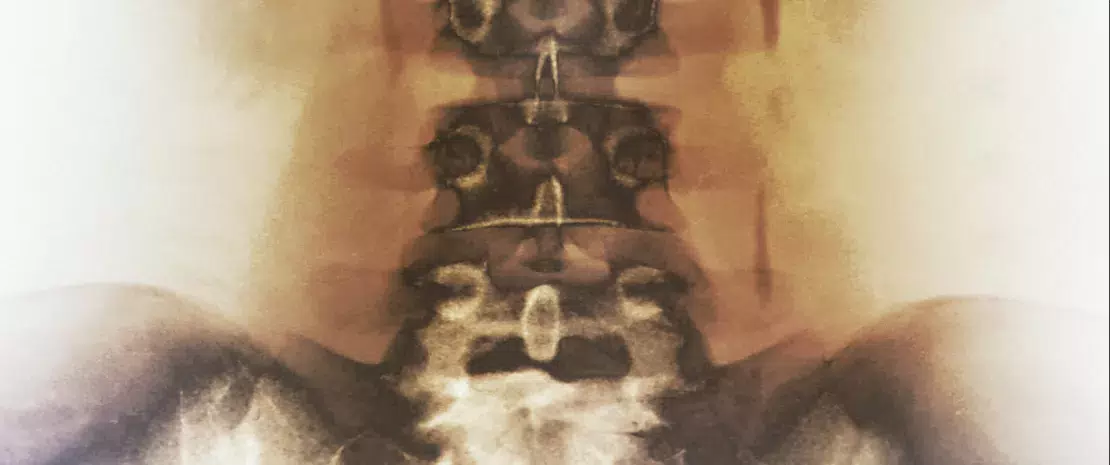Kidney stones: role of the gut microbiota
A study has just showed that the gut flora could play a part in the formation of kidney stones. Patients with a history of recurrent nephrolithiasis seem to have a lower content of oxalate-degrading digestive bacteria.
Lay public section
Find here your dedicated section
Sources
This article is based on scientific information

About this article
An Italian team studied the gut microbiota of 52 patients who experienced at least two symptomatic episodes of kidney stones made of over 80% of calcium oxalate crystals (group C+), and compared it to that of 48 healthy controls. This type of stones is present in 70% of renal colic cases, usually with no identified primary cause. Diet (too high intakes of calcium and oxalate) is the only factor currently identified in the genesis of this idiopathic lithiasis, which is often recurrent. The involvement of the gut microbiota had already been suggested in a study that brought to light the ability of a gut bacterium (Oxalobacter formigenes) to degrade oxalate, thus reducing its absorption and urinary excretion.
Bacterial genera involved in hyperoxaluria
New studies support this hypothesis: samples from group C+ contained a lower diversity and, taxonomically, a significantly lower representation of three genera: Faecalibacterium, Enterobacter, Dorea. Nevertheless, the content of Oxalobacter formigenes detected in each sample was very low, and with no difference between groups. Scientists then researched a potential difference in oxalate-degrading activity. Five samples from each group were analyzed through a specific sequencing method targeting the genes involved in oxalate degradation. Samples from group C+ contained a reduced proportion of these genes that was inversely correlated to hyperoxaluria after 24 hours and fecal excretion. This genetic approach also identified for the first time bacteria and Archaea carrying genes involved in the degradation of oxalate (Escherichia coli among others) whose content was higher in the healthy control group.
Modulation of the microbiota: a promising avenue?
Previous studies were not able to demonstrate the efficacy of pre- and probiotics targeting Oxalobacter formigenes to prevent the recurrence of kidney stones. According to the researchers, this failure could come from the involvement of other species in the calcium oxalate balance. That is why these works provide new lines of research on the gut-liver axis and on the physiopathology of nephrolithiasis. They should make it possible to assess new therapeutic strategies related to the modulation of the gut microbiota.






